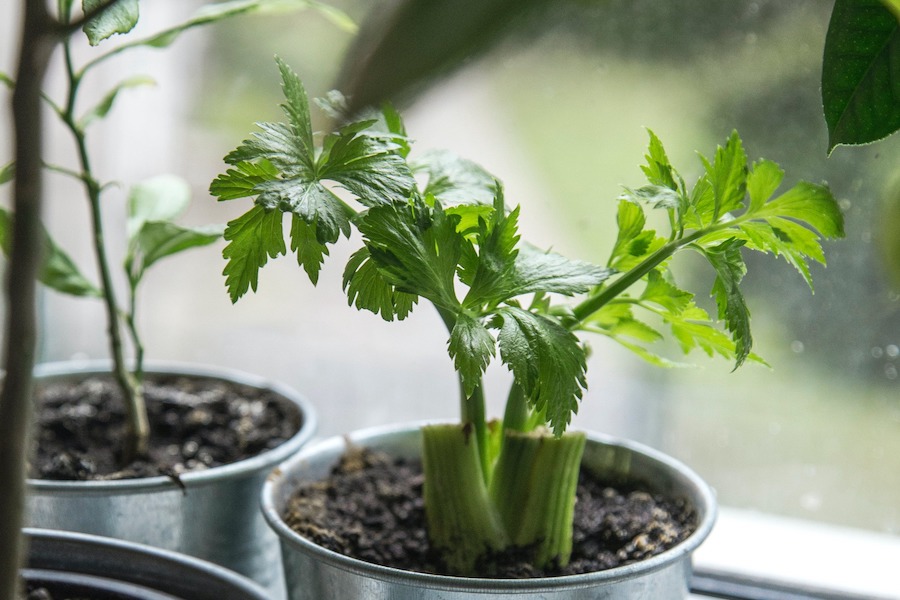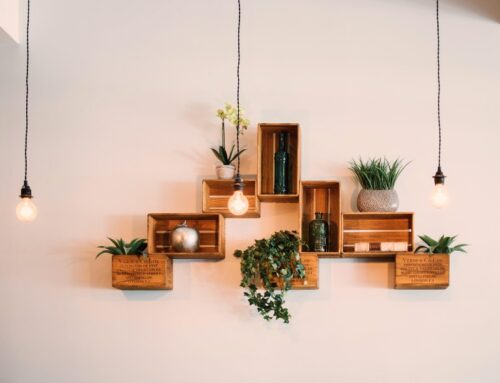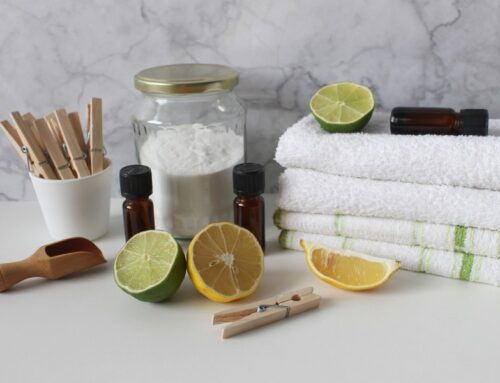A Beginner’s Guide to Growing Herbs Indoors
Do you have a green thumb, but you’re renting or living in a more urban area?
Depending on the property, you might not have the space you need for a full garden. Thankfully, that doesn’t mean you can’t experience the joy of growing your own herbs, no matter the season. In this beginner’s guide, we’ll walk you through the steps to ensure a bountiful herb garden right in the comfort of your home.

- Not all herbs thrive indoors during winter equally. Some are more suited for indoor cultivation than others.
- Grow the herbs you know you'll use most in your cooking! Here are a few herbs that are relatively easy to grow indoors: rosemary, mint, basil, parsley, and chives – just to name some of the most popular. And catnip, if you have a feline friend!
- The biggest challenge you'll face as an indoor herb gardener is ensuring that your plants get adequate light. As a general rule, herbs need about six hours of sunlight daily. If that's not possible, consider using an LED grow light to supplement natural light.
- Select pots or containers that are the right size for your chosen herbs. Make sure they have drainage holes to prevent overwatering, which can lead to root rot. Some herbs, like parsley and basil, have deep roots, so they'll require a taller container. When you find that your herbs are outgrowing their first home, you can easily re-pot them as long as all new containers are porous and breathable. You'll know it's time when you see roots grow through the drainage hole.
- Herbs generally prefer slightly moist soil, so water them when the top inch of soil feels dry to the touch. You will find that most herbs grow happily in typical garden soil – just as long as there is good drainage. (Our advice is sound – make sure you plant your herb seeds or starter plants according to the instructions on the seed packet or plant label!)
- One pro tip that beginner indoor herb gardeners might not consider is that your plants need a balance between adequate air circulation and just the right amount of humidity. That means that, while making sure that they are not placed too close, they are grouped together. You don't want the air around your plants to become stagnant. If you are concerned, you can place a fan around them – but make sure the air doesn't blow directly on the plants!
- During the winter months, your herbs may benefit from occasional feeding. Use a low dose of balanced, water-soluble fertilizer every two weeks.
With a little care and attention, your indoor herb garden can provide an endless supply of fresh, aromatic herbs throughout the year. It's a gratifying and sustainable way to connect with nature while enhancing your culinary skills. A homegrown herb garden is the perfect way to make your rental property feel just that much more like home.
For more articles like this, please check out our blog.






